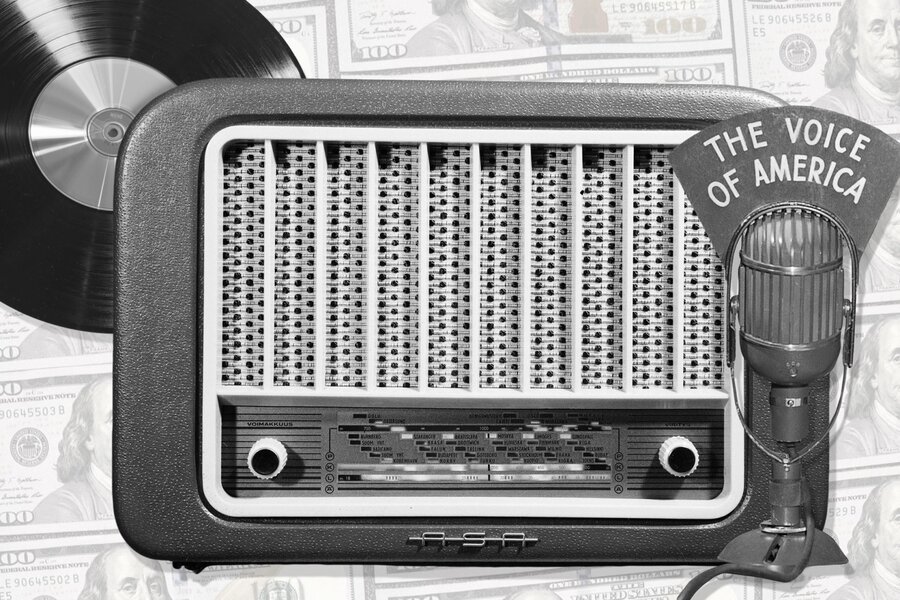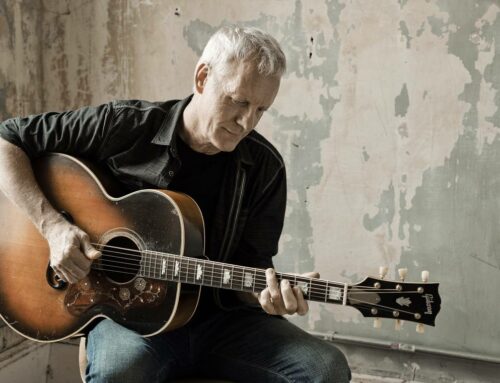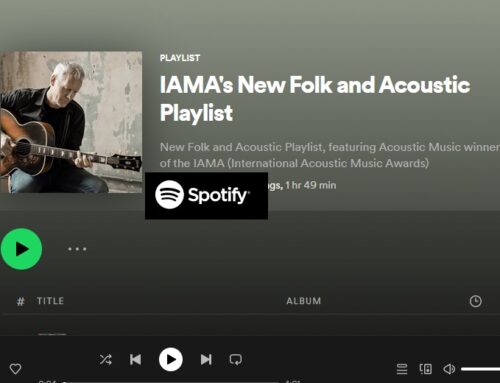In the world of music streaming and YouTube, does radio still matter? Like real, tune-your-dial radio? Of course it does, especially for independent musicians! It’s still one of the best ways to get your music heard and discovered by specific groups of people. Think of it like targeted marketing for your music. Here’s what you need to know about promoting your music on radio.
Benefits of Radio Promotion for Independent Artists
Radio is still a force to be reckoned with in the music world. It might not be as huge as it was back in its heyday, but it’s still an effective way for independent musicians to market their music. In fact, it’s arguably more effective today because of the increased number of stations and opportunities.
The main benefit of radio is that it provides a human connection with the music. Most people tune into their favorite stations because of the DJs. They like their personality and taste in music. So when the DJ plays new songs, it lends more credibility to the music, helping fans engage with the artist.
Another benefit of radio is that you can market your music to a specific audience group. Most radio is very location and genre specific. Think of it like targeted marketing for your music. You can reach a highly specific audience and quickly grow your following.
Radio is also a great place for people to discover new music. While streaming platforms like Spotify and Apple Music are wonderful, they allow people to choose their own playlists, which can hurt discovery. With radio, listeners are “stuck” with the song choices. In many cases, that’s a good thing! It’s easier for listeners to discover new music that they might not have found otherwise — music that might belong to independent musicians like you.
Types of Radio
There are a few different types of radio, and they all operate just a little differently. It’s important to understand the types of radio and how they work:
- Commercial Radio – These stations are owned by corporations and play mostly mainstream music like Top 40 and other hit-making superstars. There aren’t many indie artists on commercial radio, unless they really have a large following.
- College and University Radio – These stations are university-owned and typically used as a training platform for up-and-coming broadcasters. They play a nice mix of mainstream and indie music, which makes them an ideal target for independent musicians.
- Non-Commercial and Community – These are the public radio stations. Think BBC, Public Media, and NPR. They’re typically very invested in independent music, and their target audiences are passionate people who are more than happy to spend money on what they love. Sounds like the type of people independent musicians need to go after!
- Satellite-SiriusXM – A satellite-broadcasted radio station with specific channels for every genre under the sun. There’s definitely a channel that would fit any kind of music, but it’s not always easy to get your music played without a larger following.
Which Type of Radio Is Best for Independent Musicians?
The best place for independent musicians to start is with College and University or Non-Commercial and Community Radio (or both). They’re the friendliest radio stations for DIY and unsigned artists, and they have passionate curators who love connecting with new artists and showcasing new music.
These types of stations also have dedicated and supportive fans who already love the programming. If you can get in with the DJs, you can get in with the audiences.
Tips to Get Your Music on the Radio
Want to get your music on the radio? Of course you do! But it’s not always as easy as sending a CD and crossing your fingers. Here are a few tips to help your music get added to the playlists.
Research Stations and Key People
Every radio station is different. They have different methods of submitting music, different types of music they accept, different demographics, different locations, and the list goes on. If you want to get your music on a specific station, make sure you understand the station through and through, especially the people in charge!
Before submitting your music, take some time to actually listen to the station. Learn about the music they play and the personalities behind the mic. Once you submit your music, provide an explanation of what you like about the station and (most importantly) why you want your music there. The more details you provide, the more you’ll stand out, and the more likely you’ll get playlisted.
Know What You Want to Promote
In your submission form, you shouldn’t just ask if a station will “play your music.” That’s not very specific. Whether you want to promote an entire album or just a single, know what you want to promote before reaching out.
In some cases, the radio station will let you know which they prefer, but it’s always best to go in with an idea of what you want to promote first.
How to Submit Your Music
Each radio station will have different submission preferences, so make sure you’re ready for anything! However, there are a few music submission “rules” you should follow.
First and foremost, don’t just send your songs as file attachments in an email. It’s not very professional, and it forces the person on the other end to download the files (which can be risky, since they don’t know you).
Most radio stations prefer that you either submit your songs as links to digital tracks (on your website or streaming platform) or mail in a physical CD. You can usually find submission guidelines on the station’s website. Remember, do your research! Submitting your music improperly is a sure-fire way to not get played.
Harness the Power of Radio
Radio might be one of the oldest platforms to listen to music, but that doesn’t mean it’s obsolete. In fact, it’s one of the most effective ways independent artists can get their music in front of new audience groups!
The key to getting your music on the radio is to do your research. Understand the station itself, its main audience, the people in charge, and the submission requirements. If you can match your music to the right station, location, and audience, you’ll have more people listening to your music than you know what to do with!
Enter the 19th Annual IAMA (International Acoustic Music Awards), see: https://www.inacoustic.com




